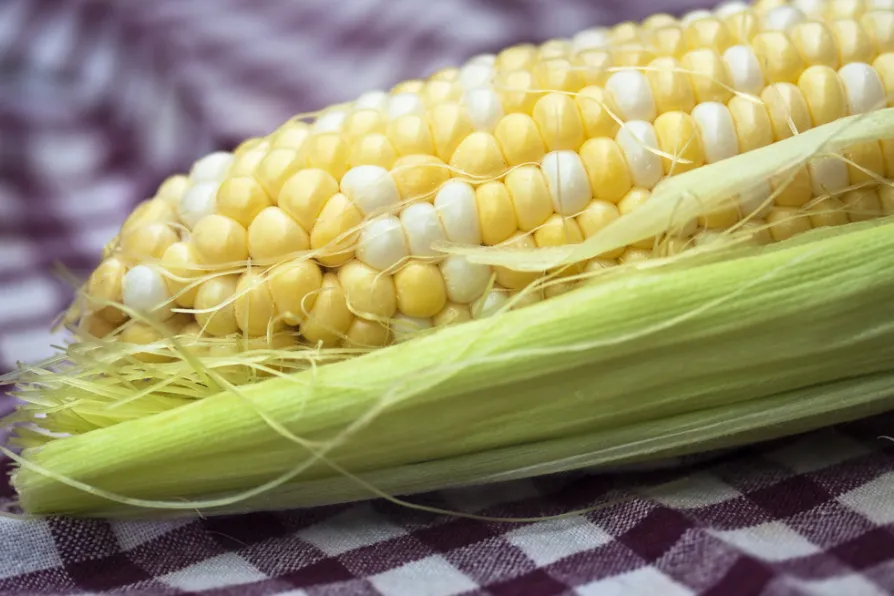Once the bustling heart of Christian pilgrimage, Bethlehem now faces shuttered hotels, empty streets and a shrinking Christian community, while Israel’s assault on Gaza and the tightening grip of occupation destroy hopes of peace at the birthplace of Christ, writes Father GEOFF BOTTOMS

 [Liz West/Creative Commons]
[Liz West/Creative Commons]
LOOKING through next year’s seed catalogues can be frustrating, as well as inspiring. There’s a long, dull winter to get through before most of the varieties listed can be sown or planted.
So I’ll start with a vegetable suitable for sowing at any time. Suttons Seeds (www.suttons.co.uk; tel 0844 326-2200) offers a sweetcorn called Bodacious which is grown for its seed shoots.
Sown indoors in complete darkness, the resulting bright yellow shoots are said to taste something like beansprouts as well as corn on the cob, but with an extra sweet-and-sour flavour.

Commiserations if you failed this year, MAT COWARD offers six points which, if followed religiously, will ensure you succeed next year

MAT COWARD sings the praises of the Giant Winter’s full-depth, earthy and ferrous flavour perfect for rich meals in the dark months

MAT COWARD presents a peculiar cabbage that will only do its bodybuilding once the summer dies down

MAT COWARD rises over such semantics to offer step by step, fool-proof cultivating tips










